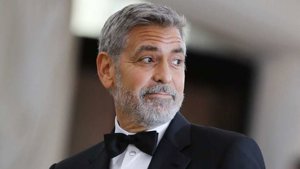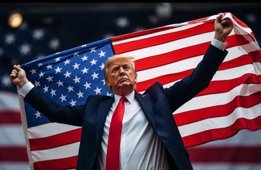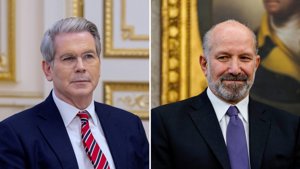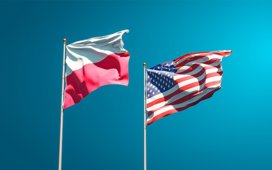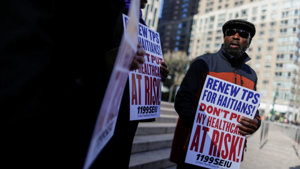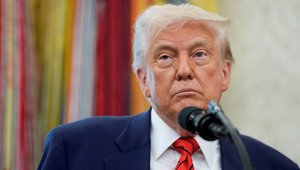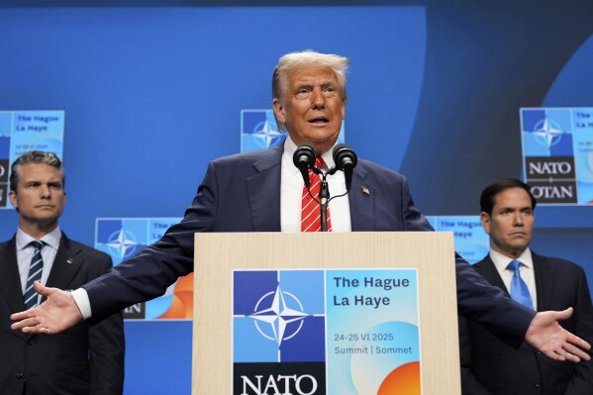
Trump’s Shift Boosts NATO Unity and Defense
Trump embraces NATO, pushes allies to boost defense spending, and celebrates U.S. strikes on Iran at The Hague summit.
From Critic to Key Ally: Trump’s NATO Evolution
President Donald Trump delivered an emphatic endorsement of NATO at this week’s summit in The Hague, capping a dramatic turnaround from his earlier years of skepticism and discord with the transatlantic alliance. Once known for his sharp critiques and threats to withdraw the United States, Trump now lauded European partners for their renewed commitment to collective defense and praised their increased patriotism. “I left here differently. I left here saying that these people really love their countries,” Trump remarked after the summit.
The change in tone comes as NATO members agreed to more than double their defense spending target from 2% to 5% of GDP. This historic shift follows years of U.S. insistence on burden-sharing, and Trump’s previously controversial demands now appear to have produced lasting reforms. The president was welcomed with royal honors by Dutch hosts, and NATO’s secretary-general went so far as to refer to Trump as “daddy” of the alliance—a testament to the changed dynamics at the summit.
Strategic Gains and a Strengthened Alliance
The renewed unity within NATO comes on the heels of U.S. military strikes that set back Iran’s nuclear capabilities, a move widely interpreted as a warning to adversaries like Russia and China. According to American and allied intelligence, the operation delayed Tehran’s nuclear ambitions by years and reinforced the alliance’s deterrence narrative. Giedrimas Jeglinskas, a former NATO official, described the strikes as “the rebuilding of the deterrence narrative of the West, not just of America.”
Trump’s journey with NATO has been marked by controversy and transformation. As a candidate and early in his presidency, he labeled NATO “obsolete” and criticized allies for failing to contribute their fair share. In subsequent summits, he threatened to pull the U.S. out of the alliance, extracted new spending commitments, and criticized partners for defense shortfalls. Yet, by 2025, the tone had shifted: Trump praised European allies for rising to the occasion and reaffirmed America’s commitment to the alliance’s goals.
Experts credit two main factors for NATO’s recent revitalization: Russia’s 2022 invasion of Ukraine and Trump’s persistent pressure. “President Trump is riding high this week with two major foreign policy victories,” said Matthew Kroenig of the Atlantic Council, referencing both NATO’s reforms and the Iran strikes. “Every president since Eisenhower has complained that NATO allies aren't doing their fair share. Now, Trump was the one who finally got them to listen.”
As global threats persist and alliances are tested, Trump’s unorthodox but forceful diplomacy is increasingly seen as a turning point for NATO, shifting the security landscape in ways that could shape transatlantic relations for years to come.

